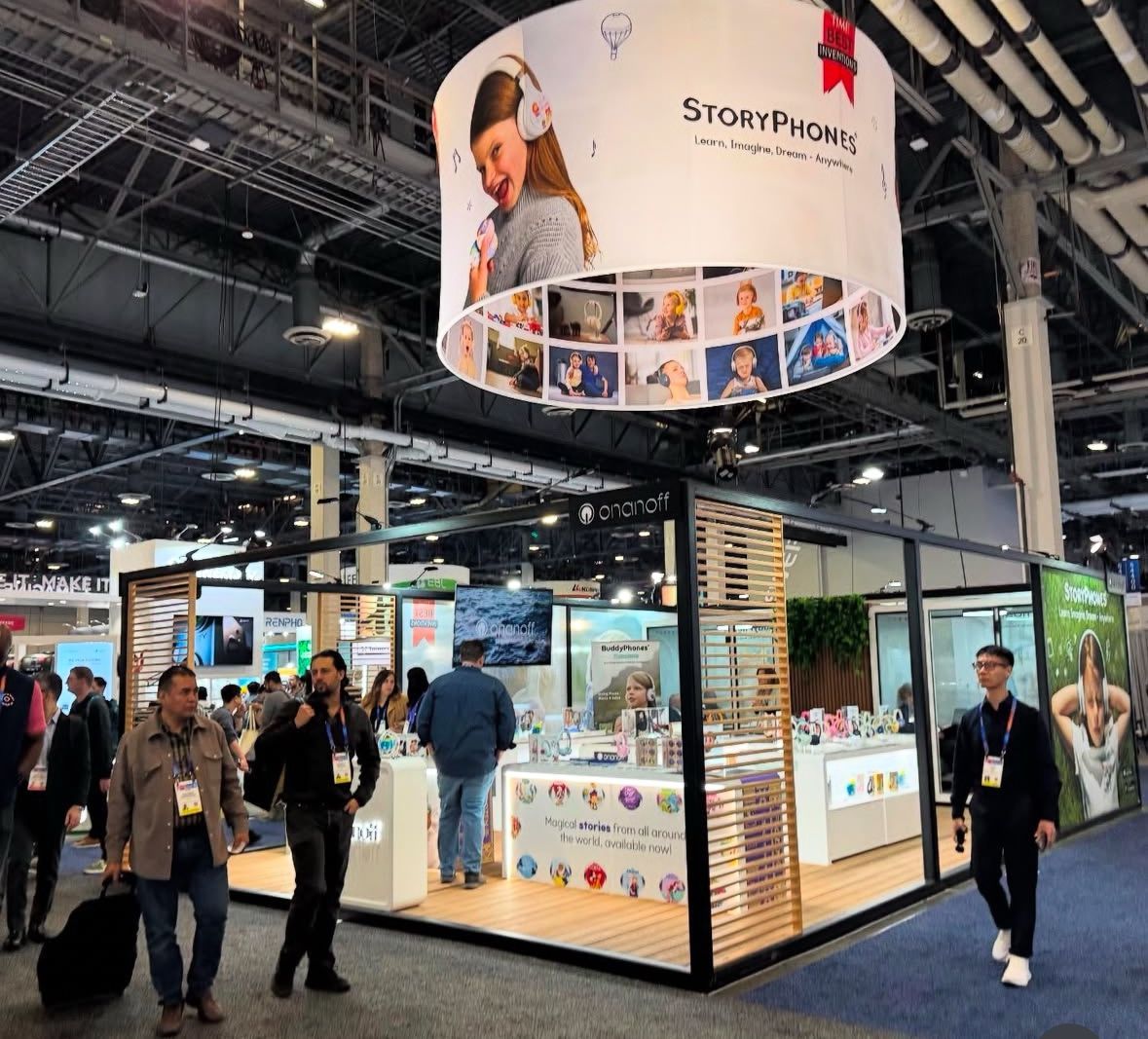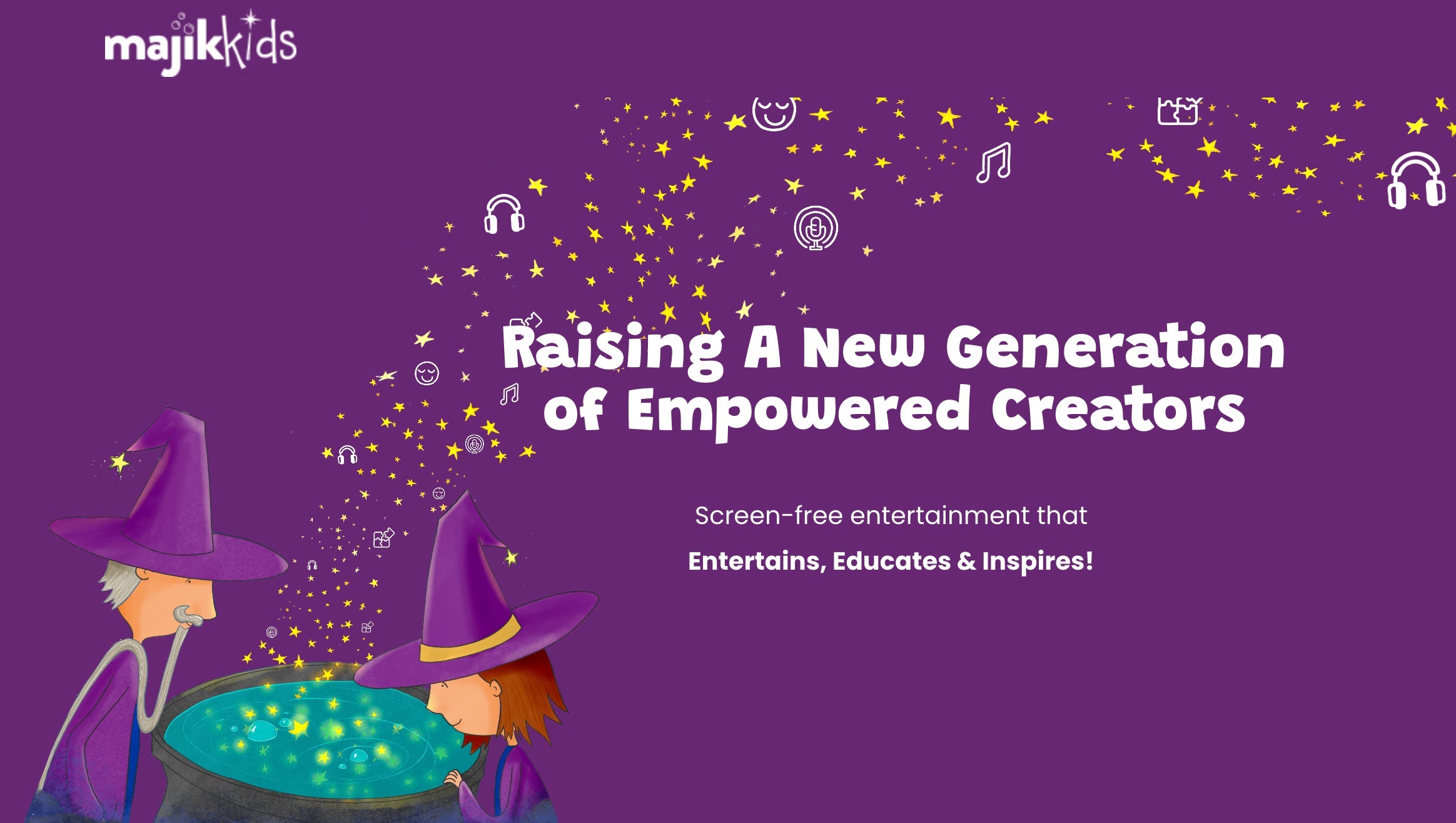
Negative Impact of Screen Time
- by Ester Hilmarsdottir
- 2 min reading time
fThe Negative Impact of Screen Time on Children's Health and Well-being
In our modern age, screens are ubiquitous. Whether it's a computer, mobile device, tablet, or television, screens dominate the lives of our children. As they grow up surrounded by digital information and entertainment, screentime has become a significant part of their daily routine. However, recent research has shed light on the detrimental effects of excessive screentime on children and young people's (CYP) health and well-being.
A systematic review of published studies, led by Stiglic and Viner in 2019, aimed to understand the impact of screentime on CYP health and well-being outcomes. The findings were concerning. Higher levels of screentime were consistently associated with a variety of health harms, including obesity, unhealthy diet, depressive symptoms, and decreased quality of life. While evidence for other health outcomes was weak or absent, the evidence for these negative effects was robust.
Moreover, there was no consistent evidence of health benefits from screentime. Despite arguments suggesting potential benefits, such as educational or cognitive advantages, the research did not support these claims. Instead, the focus remained on the detrimental impacts, particularly in domains of physical and mental health.
The American Academy of Pediatrics and the Canadian Paediatric Society have recommended limiting screentime for children, emphasizing the importance of high-quality programs and parental involvement. However, implementing these guidelines can be challenging, especially in today's digital-centric society, where screens are deeply integrated into daily life.
But what can parents do to mitigate the negative effects of excessive screentime? One solution lies in seeking healthier substitutes for entertainment. Instead of spending hours in front of screens, children can benefit from engaging in activities that promote physical activity, social interaction, and cognitive development. One such alternative is reading books, which not only stimulates the imagination but also enhances literacy skills and fosters a love for learning.
Another innovative option is StoryPhones storytelling headphones from Onanoff for kids. These headphones offer a unique audio entertainment experience, allowing children to immerse themselves in captivating stories without the need for screens. With a wide range of stories and interactive features, StoryPhones provide a safe and engaging alternative to traditional screentime entertainment.
By reducing screentime and encouraging healthier alternatives like reading books or using StoryPhones, parents can help safeguard their children's health and well-being. While further research is needed to fully understand the impact of screens on CYP, taking proactive steps to limit screentime can promote a balanced and fulfilling childhood in today's digital age.
Source: Stiglic N, Viner RM Effects of screentime on the health and well-being of children and adolescents: a systematic review of reviews BMJ Open 2019;9:e023191. doi: 10.1136/bmjopen-2018-023191


